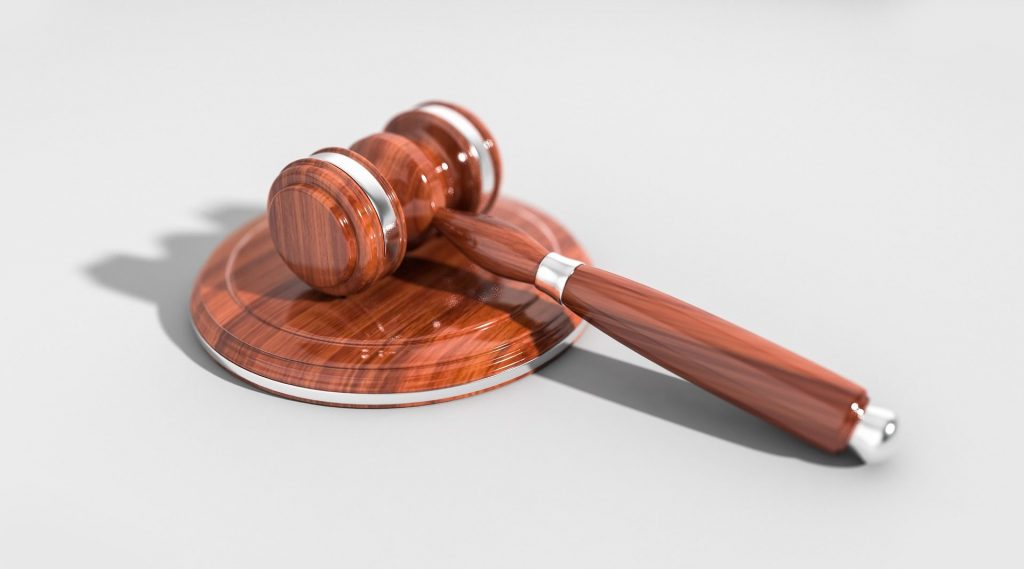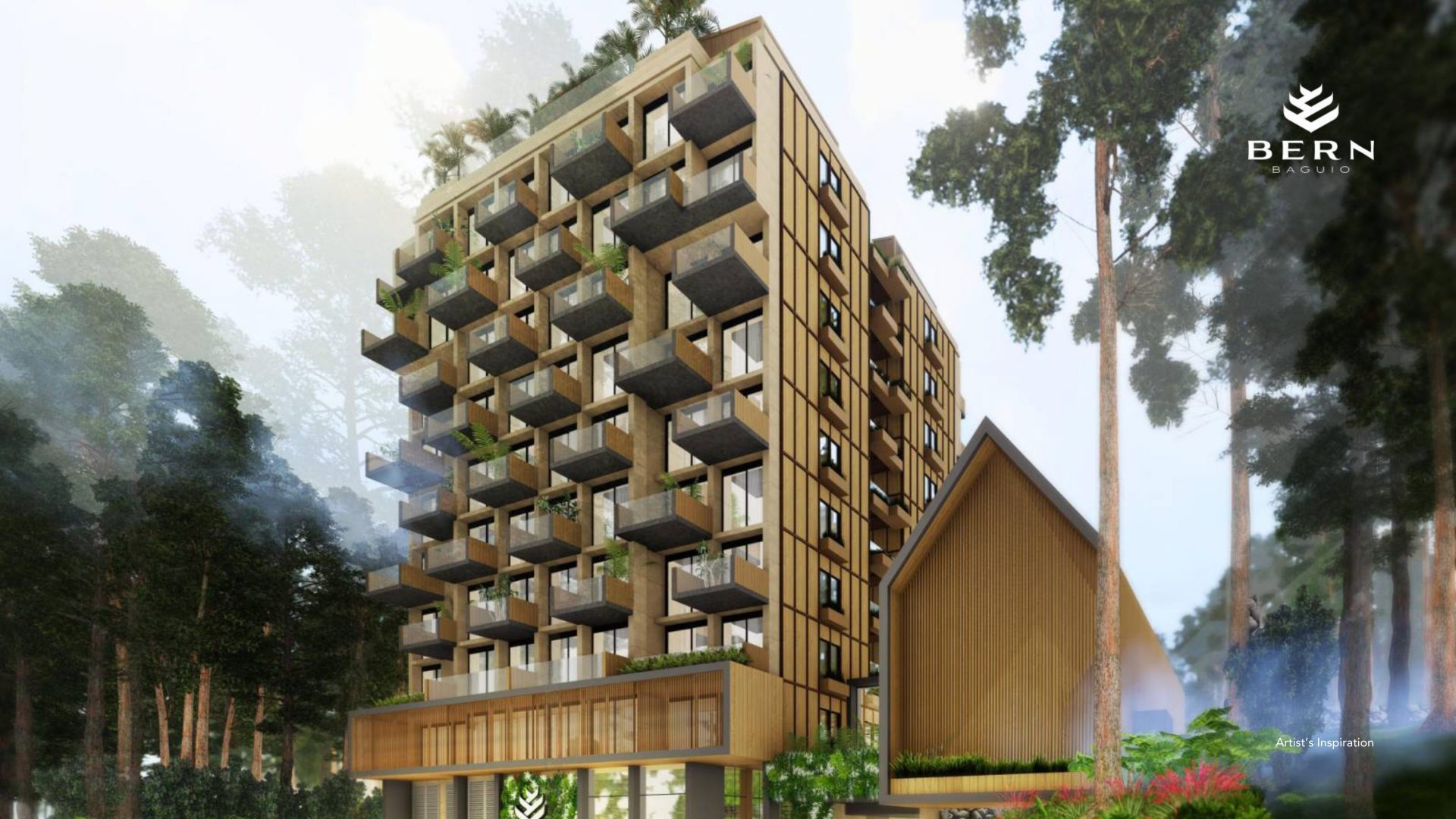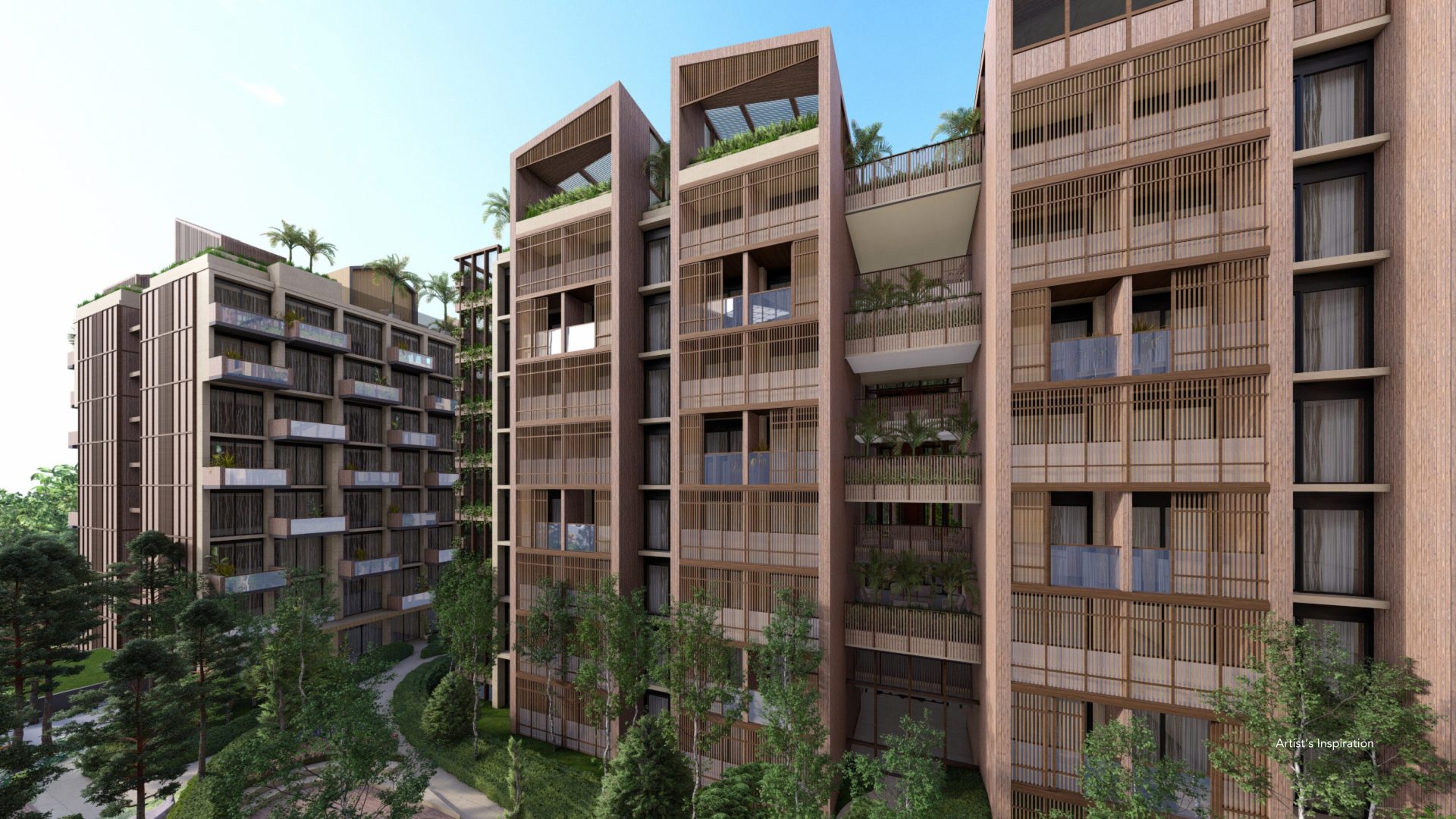BLOGS
Guide to Contracts and Clauses of Lease Agreement
Lease agreements set the foundation for tenant-landlord relationships, outlining rules and responsibilities. Navigate the maze of legal terms with our guide.
Lease agreements serve as the cornerstone of any tenant-landlord relationship, establishing the ground rules and responsibilities for both parties involved. For tenants, these agreements can sometimes resemble intricate mazes filled with legal jargon and potential pitfalls.
This comprehensive guide aims to simplify the often intricate landscape of lease agreements, dissecting crucial components and shedding light on critical clauses that every tenant should be well-versed in.
With this knowledge at your disposal, you can confidently approach these agreements, equipped with a deep understanding of your rights and obligations as a tenant.
What are lease agreements?
A lease agreement is a legally binding contract explaining the obligations and rights of the tenant and the landlord. Landlords require tenants to sign this contract so that both of them are required to do their legal obligation stipulated in the said contract.
Whether you’re renting a room in your home to your family member or a friend, you need a lease agreement to protect you in case you encounter problems with your tenants.
Real estate property managers will provide a clear and comprehensive agreement for paying rent. One of the established real estate companies is Brittany Corporation, which offers a business or residential lease contract for their luxury condominium for rent.

What are the pros and cons of rental agreements?
Pros
A rental agreement is beneficial because it offers flexibility in adjusting rent each month based on the current market rates. As long as the rent increases follow local laws and notification rules, landlords can adapt to the fair market rent. Prospective tenants can easily compare rental prices in the area. It’s important to note that with a rental agreement, landlords can increase the rent on a monthly basis.
This type of agreement is suitable for renters who prefer short-term commitments, making it attractive to a wide range of qualified tenants, especially those seeking temporary housing near universities or hospitals.
All of Brittany Corporation’s luxury condominiums in the Philippines have a safe and secure community, where they are easily accessible to lifestyle centers and major establishments if ever you need to run errands.
Cons
On the downside, tenants seeking a long-term lease might be hesitant due to the month-to-month flexibility, exposing them to potential frequent rent hikes and uncertain rental durations. Landlords should also consider the drawbacks of more frequent tenant turnover, including the costs associated with advertising, screening, and cleaning. Additionally, in areas with lower occupancy rates, landlords may struggle to keep their units rented for extended periods.
Understanding the Lease Agreement
Before diving into the specific clauses, it’s imperative to grasp the fundamental structure of a lease agreement. These contracts generally comprise the following key elements:
1. Parties Involved
The lease agreement identifies the involved parties: the landlord (lessor) and the tenant (lessee). This part contains the parties’s full names, addresses, and contact details.
2. Property Description
Comprehensive information about the rental property, including its address, unit number, and any specific amenities or parking spaces included, if any.
3. Term of the Lease
This section outlines the lease’s duration, which can take the form of a month-to-month agreement or a fixed-term lease, typically spanning six months to a year.
4. Rent and Security Deposit
Crucial details encompassing the monthly rent amount, the due date, and the terms governing the security deposit. This includes the deposit’s amount, how it can be used, and when it will be returned.

5. Utilities and Services
This section specifies which utilities are encompassed within the rent and delineates any maintenance and repair responsibilities.
6. Maintenance and Repairs
An overview of the obligations of both the tenant and the landlord regarding property maintenance and repair.
7. House Rules
Any property-specific regulations, such as smoking restrictions or pet policies, are detailed in this section.
8. Termination and Eviction
This part elucidates the conditions under which either party can terminate the lease, including notice periods and eviction procedures.
A termination clause is one of the common clauses that lays out how parties can terminate the rental contracts and establish how the other party terminates within a specific period. Each residential lease template has this clause, and it doesn’t require too much customization.
This clause must include the fixed period when the party will make an advance notice for the termination or eviction.
9. Other Clauses
Supplementary clauses address a variety of aspects, including subletting, property alterations, and dispute resolution. Here are other important contract clauses you may want to look at:
- Force majeure clause – Removes liability for unexpected or unforeseen events that are beyond either party’s control. Such events include:
- “Acts of God,” such as explosions, tornadoes, hurricanes, pandemics, or earthquakes
- Wars, strikes, lockdowns, or prolonged shortages of supplies
- Government actions preventing or limiting any party from performing their contractual obligations

- indemnification clause – This clause is an important part of the contract, as it shows that the indemnifying party will pay for certain expenses and costs. This clause allows two parties to:
- Adjust the amount of risk they will accept
- Protect from lawsuits or damages
- Hold the other party accountable when something goes wrong
- Limitations on Liability – This is also one of the standard clauses that limits the amount one party has to pay to the other when the latter suffers losses due to the rental agreement. This covers the following information:
- Negligence
- Breach of contract
- Infringement of intellectual property rights
- Misrepresentation
- Confidentiality or Non-disclosure clause – This clause is essential to protect you and your tenant’s confidential information, the amount of money paid by them, and other information that needs to be hidden from the public.
- Copyright – While this may not be common in a lease agreement, copyright clauses serve as a reminder to the other party that your intellectual property (for instance, the name of your rental home) is protected by copyright and other relevant state laws.
- Warranties and Disclaimers – This clause is also not common in rental contracts. Still, this clause will protect you from any liability if the party makes any negative impression with what you provided to them to honor your side of the contract.
Important Lease Clauses to Understand
Although it is crucial to peruse your rental agreement in its entirety, several key clauses warrant special attention:
1. Rent Increase
If your lease incorporates a rent increase clause, it is essential to comprehend the conditions under which your rent can be raised and by what magnitude.

2. Security Deposit
Familiarize yourself with the terms governing your security deposit, encompassing how it’s utilized, the circumstances under which it can be withheld, and the timeline for its return.
3. Repairs and Maintenance
Understand your responsibilities for maintaining the property in good condition and how to report maintenance issues to your landlord.
4. Early Termination
In the event you need to terminate your lease before its scheduled expiration, be aware of any penalties or notice requirements.
5. House Rules
Adhere to any specific regulations regarding your conduct, such as noise restrictions, parking regulations, or pet policies.
6. Subletting
If you intend to sublet the property, ensure you have the landlord’s consent and understand the terms of subletting.
7. Renewal Terms
Be well-versed in the process of renewing your lease, as well as any potential alterations in rent or terms. Some rental agreements will automatically renew after the end of their agreement, so make sure to check on those as well.
8. Legal Remedies
Familiarize yourself with your legal rights and potential remedies in the event of disputes, including mediation or legal action.
Navigating the intricacies of lease agreements may seem daunting, but with a clear understanding of the fundamental components and crucial clauses, you can confidently enter into rental agreements. As a tenant, knowing your rights and responsibilities is the first step in cultivating a positive and mutually beneficial relationship with your landlord.
Always remember that open communication with your landlord is essential – if any part of the lease remains unclear, don’t hesitate to seek clarification or legal advice. Ultimately, a well-understood lease agreement serves as the bedrock for a harmonious and secure rental experience.
In the intricate realm of lease agreements, knowledge is indeed power. Arm yourself with the information you need to make informed decisions and safeguard your rights as a tenant.

Residential Leases for a Reasonable Price with Brittany
Brittany Corporation, a well-known real estate company in the Philippines, provides luxury properties in different areas that prioritize tranquility and respect for property rights.
Living in one of our properties offers a peaceful and harmonious environment, reducing the chances of disputes with neighbors and legal conflicts.
We have various locations in the Philippines to meet your needs. If you desire a cosmopolitan lifestyle with access to lifestyle centers, explore our luxury properties in Metro Manila. For those seeking a provincial atmosphere without compromising an elite lifestyle, check out our luxury condos in Baguio or luxury lots in Laguna.
For more information about Brittany Corporation and its outstanding properties, visit its LinkedIn, and YouTube channels.
Suggested Read: 10 Real Estate Sustainability Trends To Watch Out For
Suggested Read: Paris Agreement Pact: Everything You Need To Know
Suggested Read: What You Need To Know About Condo Ownership
Suggested Read: Why Condos Are Smart Long Term Investments
Suggested Read: Pre-Selling Vs. Ready-For-Occupancy Homes

















